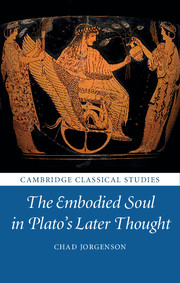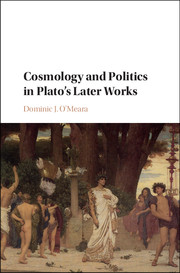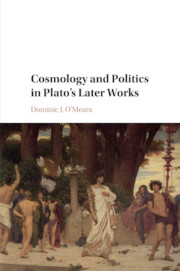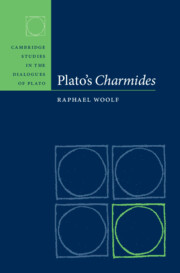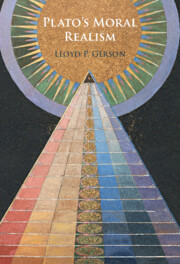The Embodied Soul in Plato's Later Thought
In this book, Chad Jorgenson challenges the view that for Plato the good life is one of pure intellection, arguing that his last writings increasingly insist on the capacity of reason to impose measure on our emotions and pleasures. Starting from an account of the ontological, epistemological, and physiological foundations of the tripartition of the soul, he traces the increasing sophistication of Plato's thinking about the nature of pleasure and pain and his developing interest in sciences bearing on physical reality. These theoretical shifts represent a movement away from a conception of human happiness as a purification or flight of the soul from the sensible to the intelligible, as in the Phaedo, towards a focus on the harmony of the individual as a psychosomatic whole under the hegemonic power of reason.
- Proposes a new interpretation of Platonic dualism
- Organised thematically, rather than by dialogue
- Situates Plato's arguments in their cultural context
Product details
No date availableAdobe eBook Reader
9781316805633
0 pages
0kg
Table of Contents
- Introduction
- 1. Thymos
- 2. Appetive soul
- 3. Rational soul
- 4. Measuring pleasure
- 5. Eudaimonia
- 6. The political sphere
- 7. Eschatology.

